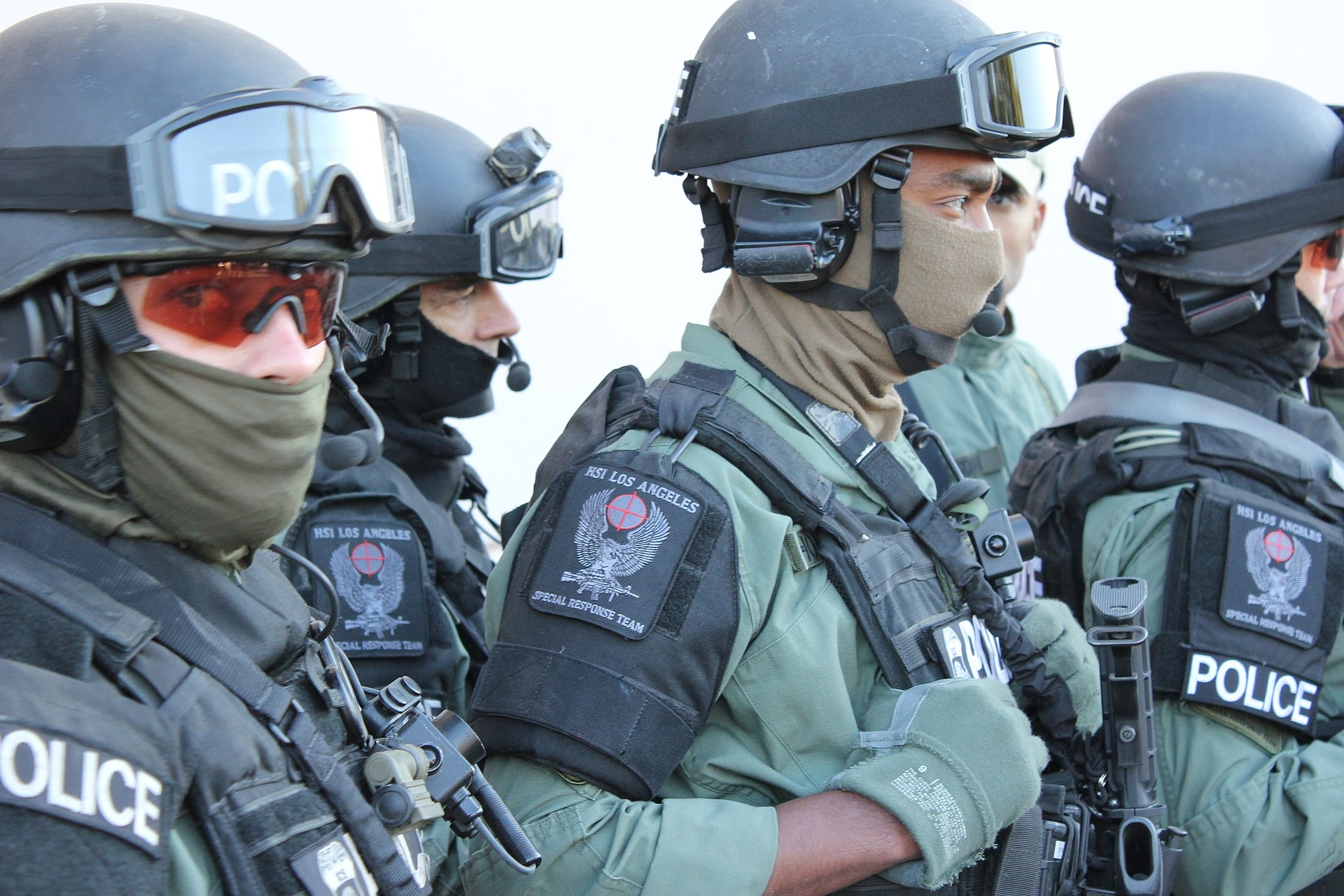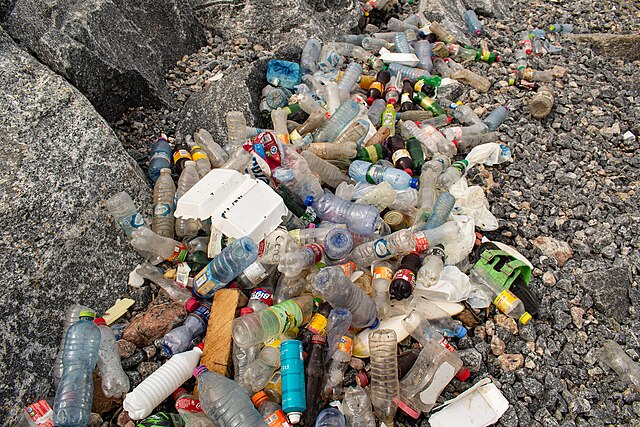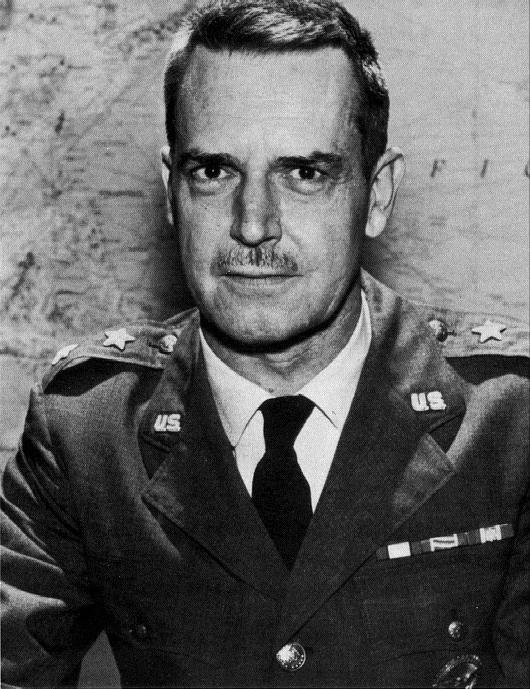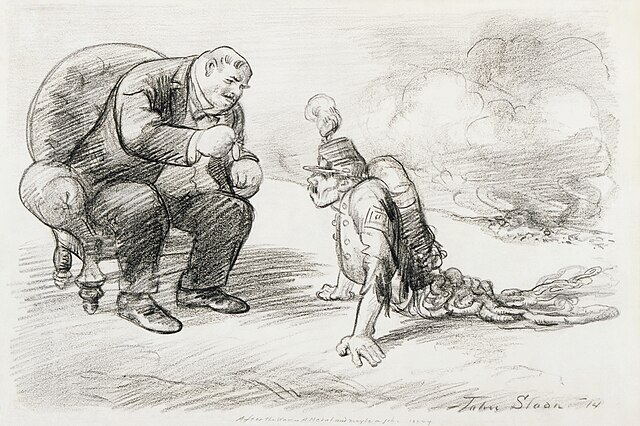Welcome to the Moment of Truth: the thirst that is the drink.
Another friend died. Another important one, too. I hate to rank friends according to importance, but, when they die, they kind of arrange themselves that way, I guess.
One year before the lockdown, Danny Thompson, multi-talented genius, comic and otherwise, co-founder of Theater Oobleck and co-author of The Complete Lost Works of Samuel Beckett As Found In An Envelope (Partially Burned) In A Dustbin In Paris Labelled "Never to be Performed. Never. Ever. EVER! Or I'll Sue! I'LL SUE FROM THE GRAVE!!!" died a rare, shocking, and untimely death. It was a transformative end to a transformative life. It changed everything.
Everything he ever dragged me into was successful. Everything he ever dragged anyone into. Everything he ever let himself get dragged into. I know success is a relative term. So’s important. All the words I’m using today have fluid, irrational meanings. Every. Word.
I’m writing about Michael Martin, whose theater career overlapped with Danny’s during some decades in Chicago.
Two days ago it was Michael Martin. We all used to call him Michael Martin. His friends called him Michael Martin. People had all kinds of doings with the fellow. They were in plays with him. They were in parades with him. They saw the plays he wrote, saw him perform the monologues he wrote, saw him perform plays others wrote, watched him act in movies. One of the plays he wrote introduced me to S&M and bondage jargon only a few months before I got into a relationship where such knowledge was required. Whew! That was almost too close for comfort!
He lived with his husband and two others in New Orleans, in a house called The House of Aging Homosexuals. The house had a Facebook account from which announcements would emerge of various drag queen events and activities and declarations of mood and condition and efforts at repair and restoration.
He had his own personal social media accounts, too. His Twitter account was the main way I was in touch with him, although he was more often in touch with me. He mailed me a couple of postcards and, once, a Moon Pie and an enchanting photo of him as one of characters, Madame de Cameltaux. He was constantly mailing stuff, writing stuff, acting in stuff, auditioning for films and TV, on top of taking care that the House of Aging Homosexuals continued to house its eponymous inhabitants, that bills were... read more
Welcome to the Moment of Truth: the thirst that is the drink.
In the old days, around 1966, in the decade of rebellions and police riots around the world, a boy and I were talking to each other in nursery school. Conversations are quite primitive among four- year-olds. And yet, complex ideas and emotions are communicated, as multivalent as any thoughts and feelings shared by drunk college students or bitter philosophers with mortgages, marriages, and secret shames weighing on them. Humans are timebombs of distress and joy at any age. No passions or fears shared over glasses of whiskey or in smokey dens are any more momentous than those hashed over across Dixie cups of grape juice while wooden building blocks are being stacked.
And this boy, Mark was his name, said to me, “I can dream whatever I want. I decide what I want to dream before I fall asleep, and then I dream it.”
I didn’t disbelieve him. I didn’t believe him unreservedly, either. I withheld judgment. His sleep process could easily be unlike mine. It wasn’t beyond imagining. It wasn’t like he told me he could levitate objects with his mind.
I had no control over my dreams. I tried different tricks to escape from nightmares. One trick was to close my eyes in the dream, and then open them, whereupon I would be awake. But that trick only worked a few times. Jumping from a great height could work, but getting into position to do so in a dream wasn’t always possible, and in any case, it wasn’t a pleasant option. Often in my dreams I would see friends of mine accompanied by smaller doppelgangers of themselves, mini-thems, which was disturbing, though not insignificant, as you’ll see. If my dream life and my attempts to guide it taught me anything back then, it’s that I was helpless.
Neuroscience has come to the general conclusion that conscious awareness plays little to no part in human activity. Our unconscious, or “subconscious” as people who adhere to misquotes of Freud like to call it, decides things before our conscious mind initiates an action. They’ve tested this. It’s not controversial. The same you that breathes without thinking too much about it also decides to put your finger in your nose before you are even aware there’s a dry, prickly booger up in there. And don’t try pulling any surprises, like wiggling your fingers for no reason; the you beneath is... read more
Welcome to the Moment of Truth: the thirst that is the drink.
I’m always looking for the magic bullet, people. I’m always looking for the easy answer, the panacea, the talismanic formula, the miracle cure. For you, my people. For you. To ease the burdens with which the Pharaohs of capital have saddled you. To end their herding of poor people into prisons and their control of the powerless and dissident with violence. To end their destruction of community institutions which they replace with franchises to channel what community resources might remain into the transnational pockets of the ruling class. To rescue the planet from being sucked dry of what it needs to sustain life by the vampires of endless economic growth.
All of the societal remedies being floated these days miss the mark. Getting rid of the filibuster is a band aid, as are term limits, and any of the other tweaks to so-called democracy. Getting rid of the Electoral College would be great, and not just because they don’t have a football team, but it would still not be nearly enough to stop those who weaponize capitalism from bending elections to their desires. An intelligence test for public service might prevent a Donald Trump from rising to control, but there are plenty of people who could pass such a test and still be terrible leaders.
Getting rid of capitalism sounds great, but the power vacuum risks being filled by some other type of cruel opportunist, and where it isn’t so filled, the general global environment of cruel opportunism often forces otherwise beneficent leadership to adopt malignant policies in reaction to malignant pressures. Replacing all leadership with women is no answer, because Margaret Thatcher. Replacing all leadership with the gender, ethnicity, or physically-shaped people of your choice will not work because Margaret Thatcher. Margaret Thatcher ruined it for everyone, basically.
We need a dictatorship of the fair, honest, wise, and kind. They are the only demographic guaranteed to rule with fairness, honesty, wisdom, and kindness. And dictatorship is the only way they’d have the power they’d need to enforce their fair, honest, wise, kind policies. I can already envision them abolishing the police and the prison system and replacing them with trained cadres of peacemakers, conflict resolvers, and restorative justice practitioners. They could curtail private property rights that allow... read more




